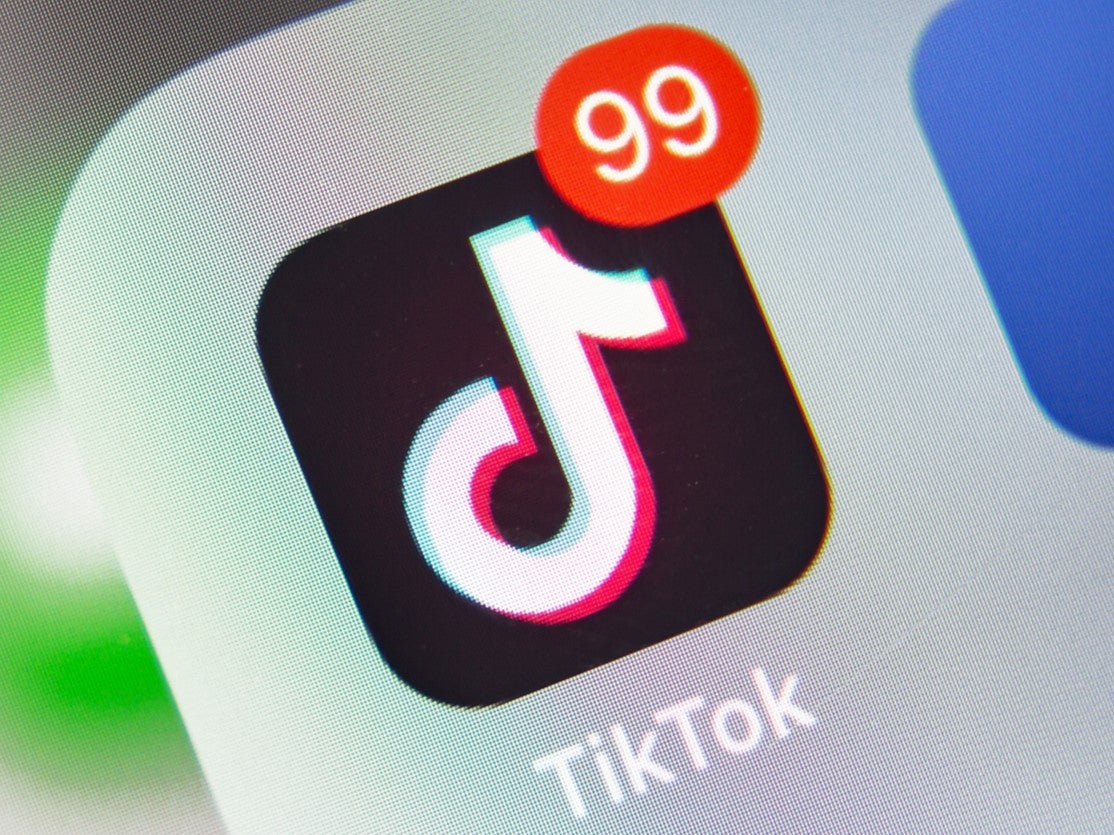TikTok faces complete ban in US amid spying fears
China-owned app overtook Google last year to become most popular site on the planet

Democrats and Republicans in the US have announced legislation to ban TikTok amid spying and censorship concerns surrounding the China-owned app.
Senator Marco Rubio unveiled the bipartisan bill on Tuesday, which if passed will block all social media companies that are deemed to be under the influence of China and Russia.
Mr Rubio’s office said that a companion bill in the US House of Representatives was sponsored by Republican congressman Mike Gallagher and Democrat Raja Krishnamoorthi.
“It is troubling that rather than encouraging the administration to conclude its national security review of TikTok, some members of Congress have decided to push for a politically-motivated ban that will do nothing to advance the national security of the United States,” a TikTok spokesperson said in a statement, adding that the company would continue to brief members of Congress on the plans that are “well underway” to “further secure our platform in the United States.”
The bill comes as scrutiny of TikTok has grown in Washington in recent weeks, after a failed bid by the Trump administration to ban the video-sharing app.
At a hearing last month, FBI Director Chris Wray said TikTok’s US operations raise national security concerns, flagging the risk that the Chinese government could harness it to influence users or control their devices.
Alabama and Utah on Monday joined other US states prohibiting the use of TikTok on state government devices and computer networks due to national security concerns.
In 2020, then-President Donald Trump attempted to block new users from downloading TikTok and ban other transactions that would have effectively blocked the apps’ use in the United States but lost a series of court battles over the measure.
The US government’s Committee on Foreign Investment in the United States (CFIUS), a powerful national security body, in 2020 ordered ByteDance to divest TikTok because of fears that U.S. user data could be passed on to China’s communist government.
CFIUS and TikTok have been in talks for months aiming to reach a national security agreement to protect the data of TikTok’s more than 100 million users in the US.
Last year, TikTok overtook Google to become the most popular site on the planet, beating out other US tech giants like Amazon, Apple and Facebook.
ByteDance was the only non-US site to feature in the top 10 most-visited websites.
Additional reporting from agencies
Join our commenting forum
Join thought-provoking conversations, follow other Independent readers and see their replies
Comments
Bookmark popover
Removed from bookmarks